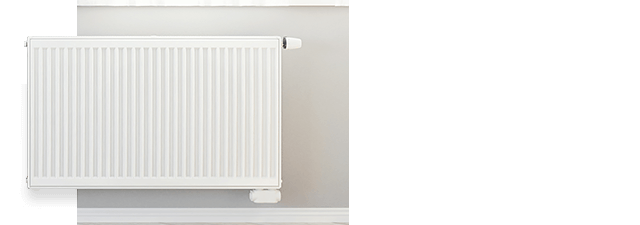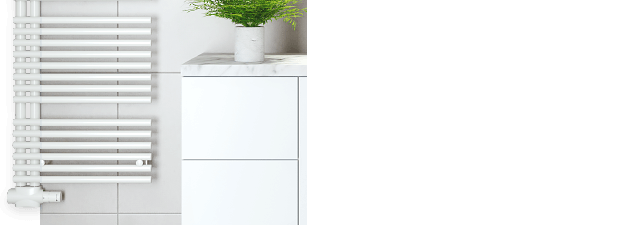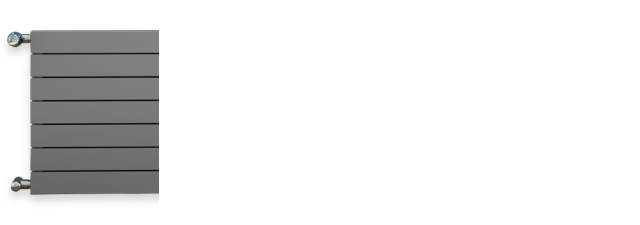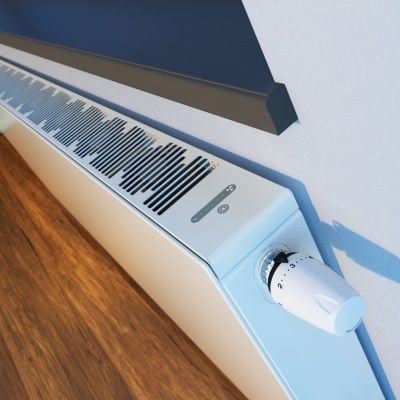How to Bleed a Radiator Step by Step
24. 10. 2024
Save on heating costs and ensure maximum efficiency by properly bleeding your radiators. Follow our clear, step-by-step instructions to learn how to bleed a radiator in both houses and apartment buildings.
How to bleed a radiator in a family house?
- Turn off the circulation pump and wait for 30 to 60 minutes. Make sure all radiators are off and cool before starting.
- Locate the radiator bleed valve, typically found on the top or side of the radiator—it has a square shape.

- Place a cloth under the valve to catch any escaping water.
- Use a radiator bleed key or a flat screwdriver and slowly turn the valve counterclockwise. You should hear a hissing sound of trapped air escaping.
- Keep the cloth in place and continue turning until water begins to flow steadily.
- Once only water is coming out and no more air sounds are heard, close the valve.
- Repeat the process for each radiator in the house.
- After bleeding all radiators, check the boiler pressure, top up water if needed, and turn the circulation pump back on.
This should complete the radiator bleeding process. If you still have any questions or encounter problems, do not hesitate to contact a professional or a qualified heating technician for assistance.
How to bleed radiators in an apartment building?
- Notify your building manager before starting.
- Wait until radiators have cooled down.
- Prepare a bleed key and cloth.
- Begin with radiators on the highest floor, working your way down.
- Gently open the bleed valve on each radiator.
- Once finished, inform your manager, as the system may need to be refilled.
How do you know if your radiator needs bleeding?
- The top of the radiator is cold, but the bottom is warm.
- You hear gurgling or bubbling sounds.
- The radiator heats less than usual.
- Uneven heating across the radiator.
- Increased energy usage during heating.
When do you bleed a radiator?
- At the start of the heating season (ideally in September or October).
- After refilling or repairing the heating system.
- When heating efficiency decreases.
- After a long period of inactivity
- If you can hear bubbling or hissing sounds.
- When there is uneven radiator heating.
Pro tip: For best results, bleed your radiators at least once a year—especially before the heating season begins.





